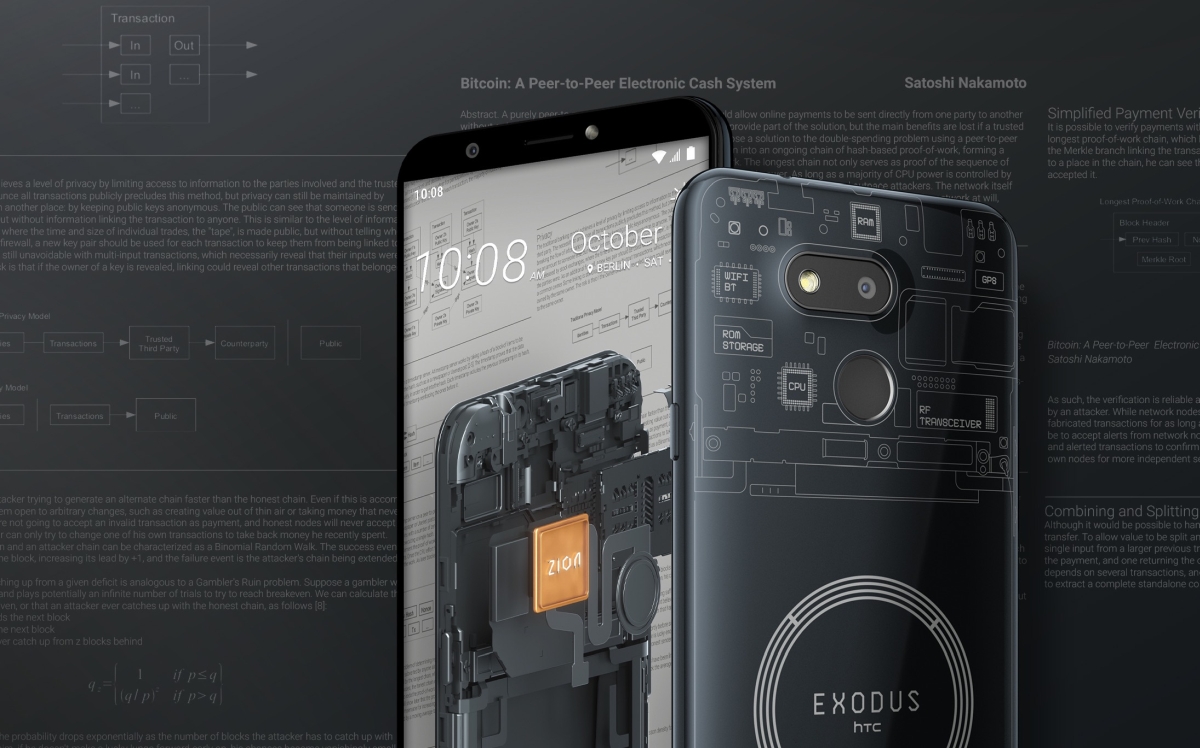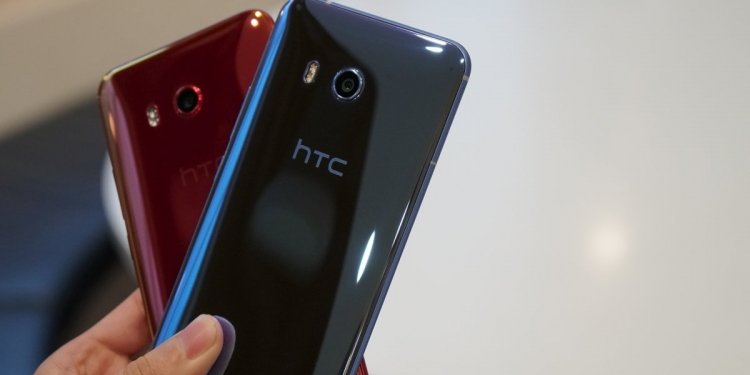HTC used to be the Android smartphone to get just a decade ago, but years of stagnation has hurt its mobile business and these days they typically only release the odd budget smartphone or two. However, the former giant still has big aspirations, and apparently is planning for a new smartphone based on the ‘metaverse’.
At least, that’s what HTC Asia-Pacific general manager Charles Huang said to Digitimes during their MWC event. The plan is to launch a so-called ‘high-end’ smartphone with a focus on the metaverse, likely implying a focus on augmented and virtual reality applications. Huang added that they’re planning to launch it this metaverse smartphone sometime next month. However, no other details were given by Huang. This comes after HTC revealed their own metaverse concept, dubbed the Viverse.
HTC’s Viverse would be a platform built with safety and security in mind, where anyone can take part in to do what they want and have fun at the same time. Work out at the gym while still being in your living room for instance, or even take part in virtual concerts too. Of course, it kinda makes sense for the Taiwanese company, as despite the decline of their smartphone business they’re still one of the key leaders in the AR/VR scene thanks to their Vive lineup of VR headsets as well as the VivePort VR platform.
Going back to their smartphone plans though, I’m not sure if the ‘metaverse’ gimmick is something that HTC should be hopping on. However, HTC has a precedent of doing such things so it doesn’t really surprise us anymore. In 2018, HTC began shipping the HTC Exodus 1, which you can purchase using Bitcoin and it acted as a full Bitcoin node too, verifying and carrying out transactions on the device itself. It later then released the HTC Exodus 1s, which has the same idea but with comically worse specs. I’m not sure if a ‘metaverse’-inspired smartphone would be the better, and I’m also not sure if anyone’s actually going to buy one.

We’ve also seen previous attempts at bringing AR/VR to smartphones from other manufacturers before, though those have since long been discontinued. The Google Daydream VR platform for instance was introduced in 2016, and was designed for users to simply slot in their smartphone into their headset and run VR-focused mobile apps. But with little consumer and developer support, Google abandoned the project in 2019 and dropped support for Daydream altogether by 2020.
With renewed focus into augment reality though thanks to Mark Zuckerberg’s metaverse spiel, perhaps HTC’s attempt at bringing AR/VR to smartphones won’t be as disappointing as the Daydream project. However, we’ll need to wait till April for more details from HTC.








